Best Nigerian documentary movies
A curated collection of popular documentary movies from Nigeria.
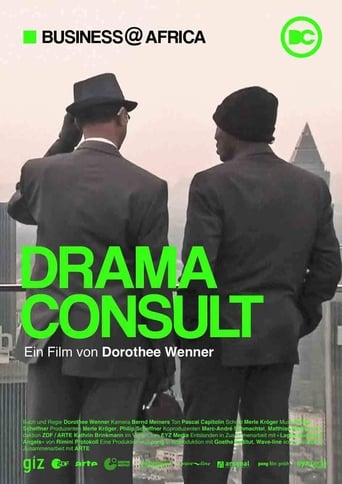
DramaConsult (2013)
DramaConsult (2013)
DramaConsult a film by Dorothee Wenner DramaConsult has initiated an ethnographic expedition from Africa to Europe. The protagonists are real life businessmen from Lagos: A spare parts dealer, a real estate developer and a young shoe manufacturer with high-flying plans. Accompanied by two smart business consultants, the group travels to Germany to link up with potential partners and investors. The film tracks the process of economic intervention as an adventure trip in the era of globalization.
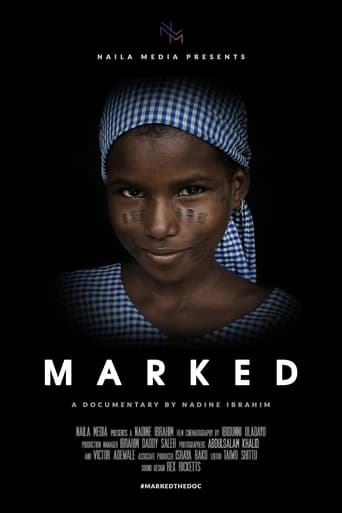
Marked (2019)
Marked (2019)
This documentary explores Nigeria's cultural practice of marking, including its origins and meaning as a symbol of identity, beauty and spirituality.

Blood Rider (2020)
Blood Rider (2020)
Amidst a blood shortage crisis in Nigeria, a motorcycle delivery rider carries precious blood to hospitals while trying to ensure he can reach critical patients in time.
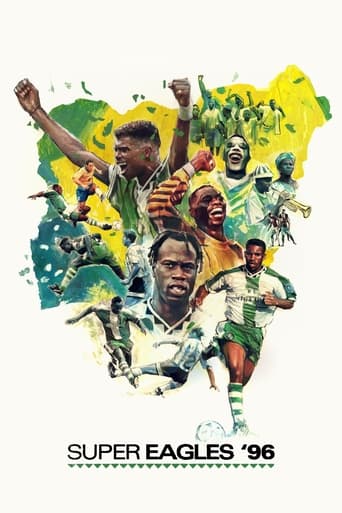
Super Eagles ’96 (2022)
Super Eagles ’96 (2022)
Since its debut in 1994, Nigeria has qualified for six of the eight FIFA World Cup tournaments, reaching the last 16 on three occasions. They are three-time Africa Cup of Nations winners. And they have placed fifth in FIFA rankings – the highest position achieved by an African team. It’s no surprise, then, that they are affectionately known as the Super Eagles. Bamiro’s fascinating documentary not only details how the team grew in stature, it locates them within the country’s politically turbulent recent history – through the various coups, the imprisonment and execution of writer and activist Ken Saro-Wiwa and many others, and the corporate scandals resulting from widespread pollution. It successfully balances profiles of those involved in the team’s success with figures who have fought to better life across the whole of the country.
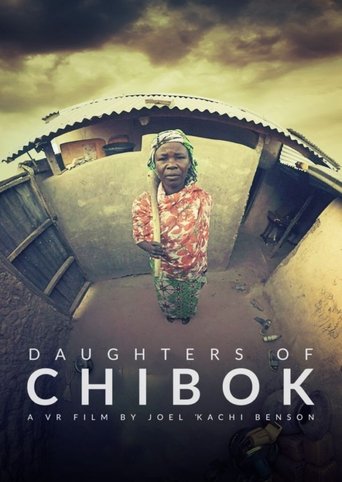
Daughters of Chibok (2019)
Daughters of Chibok (2019)
On April 14, 2014, the sleepy agrarian town of Chibok, in the North East zone of Nigeria, was thrust into the global spotlight when the terrorist group Boko Haram stormed the community at night and abducted 276 teenage schoolgirls from their dormitories. Daughters of Chibok deals with the aftermath of the kidnappings, and explores topical global issues of gender rights and the right to education.
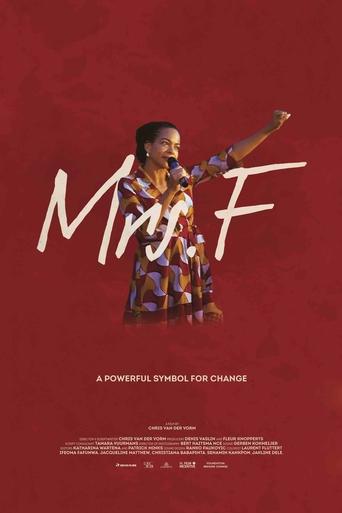
Mrs. F. (2020)
Mrs. F. (2020)
Ifeoma Fafunwa, Mrs. F., takes up the challenge of staging her play HEAR WORD! about the abuse of women in male-dominated Makoko, a slum with houses on stilts in the lagoon of Lagos. Besides the original cast of Nigeria’s most acclaimed actresses, Ifeoma will cast young women in Makoko who are subject to the same fate as many of the women in Nigeria. Ifeoma connects with them through her personal struggle with her background. Can Ifeoma set a transformation in motion in the heart of the fastest growing city in the world that breaks with the silence culture in Nigeria?
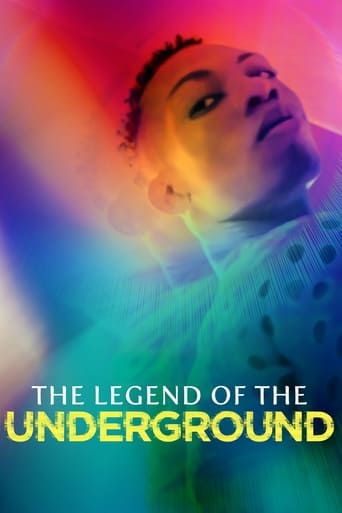
The Legend of the Underground (2021)
The Legend of the Underground (2021)
A searing and timely look at the struggle against rampant discrimination in Nigeria today, as seen through the lens of several bold and charismatic, non-conformist youth who fight to live life out loud. Through social media, celebrity and creative expression, they spark a cultural debate that challenges the ideals of gender conformity and human rights in Nigeria.
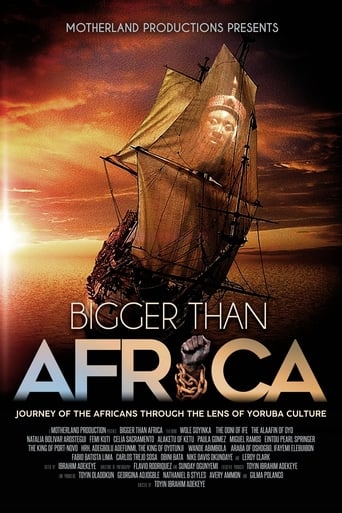
Bigger Than Africa (2018)
Bigger Than Africa (2018)
When the slave ships docked in North America, Brazil, and the Caribbean, hundreds of cultures, traditions, and religions landed with the Africans on board, one transcended slavery beyond imagination and remains alive till this day in the New World: the Yoruba culture.
Tubali: Hausa Architecture in Northern Nigeria (1995)
Tubali: Hausa Architecture in Northern Nigeria (1995)
The beautiful architecture of Hausa cities in Northern Nigeria is examined in this film. Local builders, architects, and a museum curator explain the development of the Hausa style and traditional methods of construction. Master craftsmen and their apprentices show how traditional architectural forms influence contemporary design. Hausa building technology, as well as the social, religious and aesthetics of Hausa architecture are also discussed (DER).
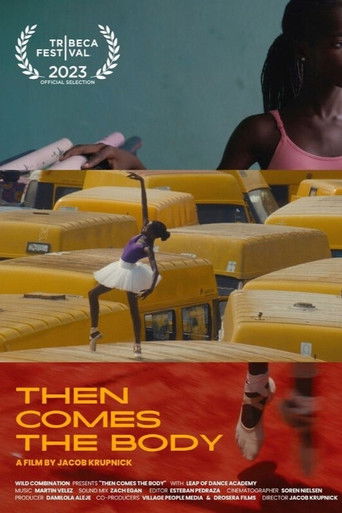
Then Comes the Body (2023)
Then Comes the Body (2023)
When a video of kids dancing in the rain goes viral, it brings global attention to an unlikely ballet school outside Lagos, Nigeria. Now they're preparing for the world stage.
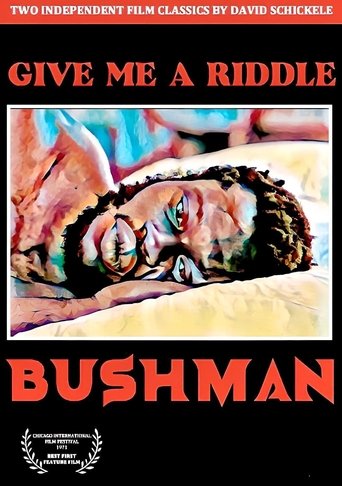
Give Me a Riddle (1966)
Give Me a Riddle (1966)
Nigeria became an independent country in 1960. In 1967 it was torn apart by civil war. Between these two events Nigeria enjoyed a kind of golden age, full of cultural ferment and cross-tribal fertilization. Every kid out of the village was writing the great Nigerian novel. A spirit of great hope prevailed through the land. Give Me A Riddle is about this golden age, seen through the eyes of ex-Peace Corps volunteer returning to his host country a couple of years after his Peace Corps service as a teacher at the University of Nigeria. The film follows Roger as he looks up his old student friends, travels with them to their homes, talks with them about their lives and the life of their country. Shot in 1966, the film is a time capsule of a Nigeria and the Peace Corps both in the rambunctious bloom of youth.
The Ancestors (1961)
The Ancestors (1961)
A documentary filmed at the Oron museum in Nigeria showing various traditions and customs of the Nigerian population and their value as art.
Owuama, a New Year Festival (1973)
Owuama, a New Year Festival (1973)
Short documentary about folk customs in Nigeria.
Gelede: A Yoruba Masquerade (1970)
Gelede: A Yoruba Masquerade (1970)
Among the Yoruba of Western Nigeria and Dahomey the Gelede cult honours the earth spirits, the ancestors and especially the Great Mother. The festival filmed here emphasises the status of women and placated their potentially dangerous mystic powers. The commentary emphasises that the annual Gelede festival serves a cathartic role by paying respect to women in a patriarchal society. During the course of the festival social tensions are brought out into the open and ridiculed; antagonism between the sexes is thus controlled and given a legitimate outlet. The film shows the preparation of masks and the climax of the festival in which the Great Mask appears at midnight. On the following day the lesser masks entertain, satirising the movements of women.
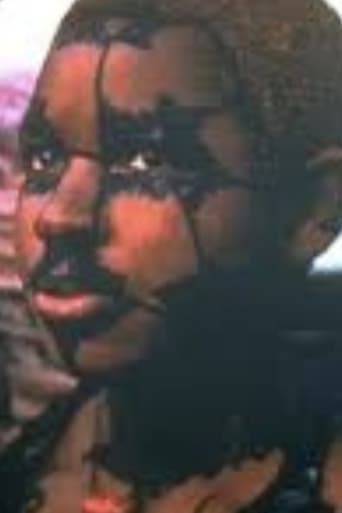
Monday's Girls (1993)
Monday's Girls (1993)
"Monday's Girls" explores the conflict between modern individualism and traditional communities in today's Africa through the eyes of two young Waikiriki women from the Niger delta. Although both come from leading families in the same large island town, Florence looks at the iria women's initiation ceremony as an honor, while Azikiwe, who has lived in the city for ten years, sees it as an indignity.
Duminea: A Festival for the Water Spirits (1966)
Duminea: A Festival for the Water Spirits (1966)
The communal rituals of most villages of the Eastern Niger Delta focus on two great classes of spirits - the heroes and the water people. The heroes once lived with the men, founded their institutions and brought them their characteristic means of gaining a livelihood. Today, as spirits, they continue to maintain the established institutions and the skills with which people wrest a living from their environment. The water people, by contrast, have never lived with men: they are the creators and owners of the rivers and creeks, controlling the state of the waters and the abundance of fish. The little village of Soku, hidden in the heart of the eastern Delta, has a group of heroes headed by Fenibaso, and its creeks and rivers are controlled by the water-spirit Duminea. This film shows some highlights of the annual ritual for Duminea. As in most Kalabari festivals, spirit possession features prominently in the proceedings.
